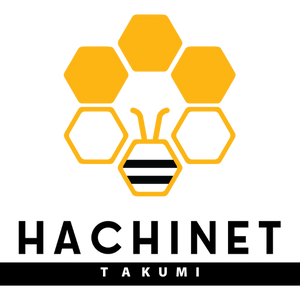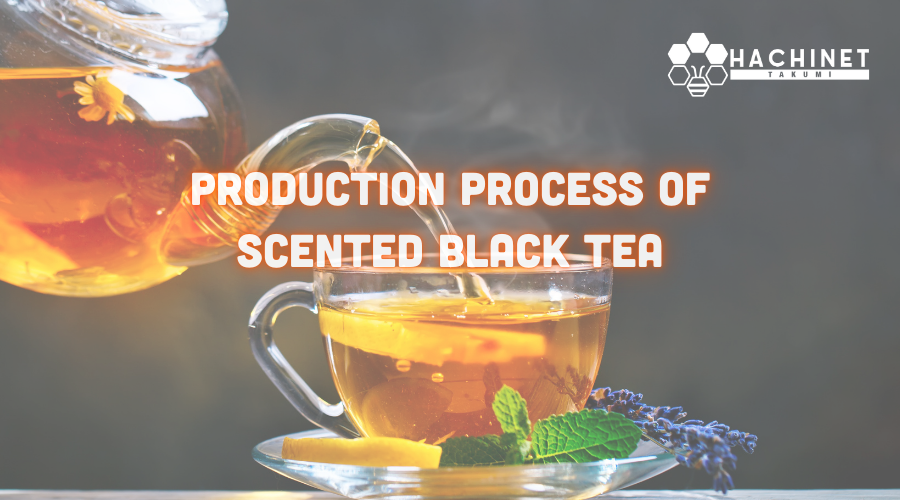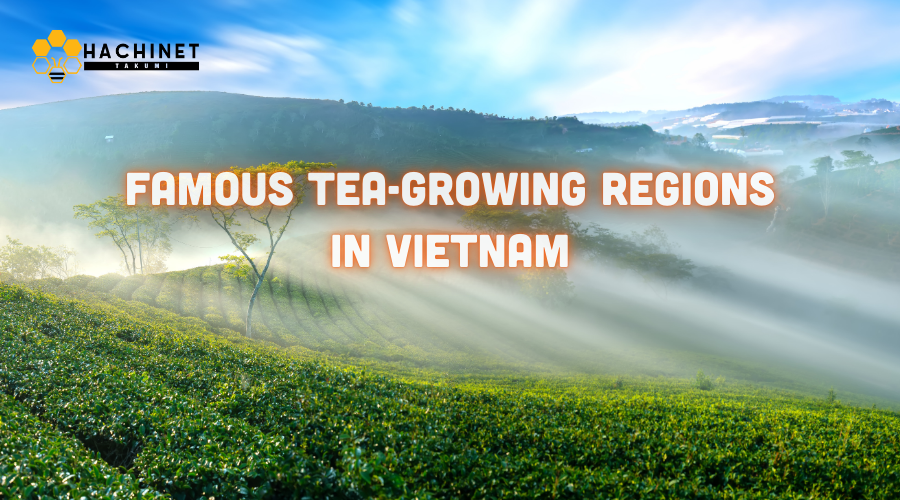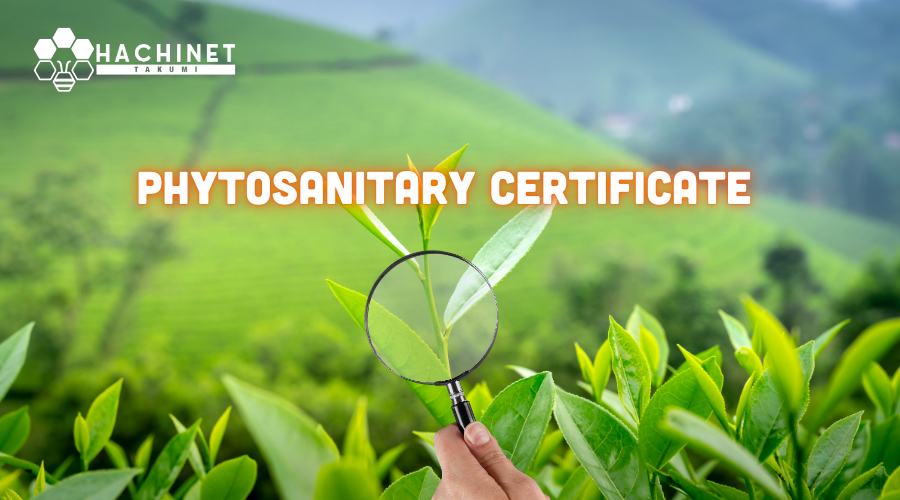How to Classify Black Tea and Understand Export Terminology | Vietnam Black Tea Export
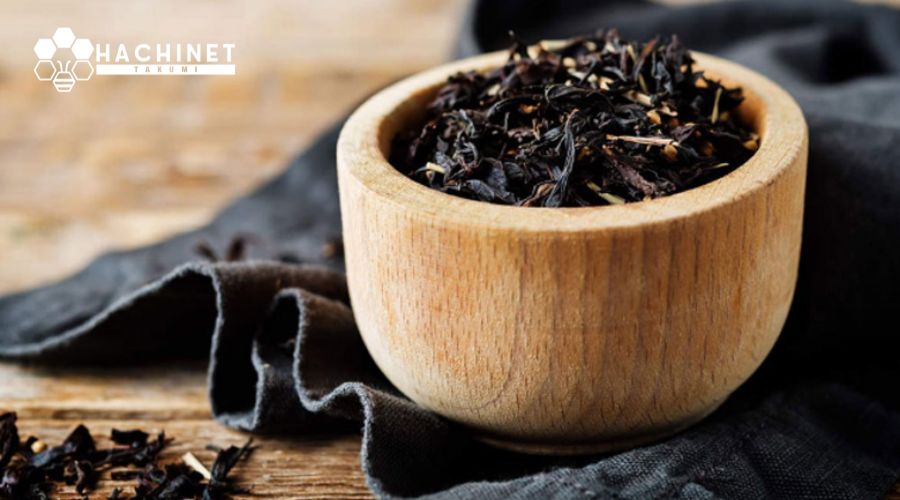
Black tea is a favorite among tea enthusiasts worldwide, known for its robust flavor and rich aroma. Understanding how black tea is classified and the terminology used in the export market can help you make informed purchasing decisions. This guide explores the key classifications of black tea and the terms commonly used in the export industry, with a focus on Vietnam Black Tea Export.
Classification of Black Tea
Black tea is classified based on its leaf size, processing method, and appearance. Here’s a breakdown of the main categories:
- Whole Leaf Teas
- Description: Whole leaf black teas consist of large, unbroken leaves that are carefully processed to maintain their shape and quality. These teas are known for their rich flavor and complex aroma.
- Examples:
- Assam: A strong, malty tea from India with a bold flavor and dark color.
- Darjeeling: Often referred to as the "Champagne of Teas," Darjeeling offers a delicate, floral flavor and is grown in the Darjeeling region of India.
- Broken Leaf Teas
- Description: Broken leaf teas are made from tea leaves that have been broken into smaller pieces during processing. These teas tend to have a stronger, more robust flavor compared to whole leaf teas.
- Grades:
- Broken Orange Pekoe (BOP): A high-quality broken leaf tea that retains a strong flavor and aroma.
- Broken Pekoe (BP): Slightly smaller pieces than BOP, producing a stronger, more intense flavor.
- Fannings
- Description: Fannings are smaller tea particles produced during the grading process. They are commonly used in tea bags and provide a strong, consistent flavor.
- Grades:
- Broken Fannings (BF): Smaller particles than standard fannings, used for their strong flavor in tea bags.
- Dust
- Description: Dust consists of the smallest tea particles remaining after grading. It is often used in inexpensive tea bags and provides a very strong brew but lacks complexity.
- Grades:
- Tea Dust (TD): The finest particles that produce a quick and strong brew, commonly used in mass-produced tea bags.
- CTC (Crush, Tear, Curl)
- Description: The CTC process involves crushing, tearing, and curling the tea leaves into small pellets. This method is used to produce strong, brisk tea that is often used in tea bags.
- Grades:
- CTC-BoP (CTC Broken Orange Pekoe): A specific grade of CTC tea with broken leaves, known for its robust flavor and dark color.
Key Terminology for Black Tea Export
When dealing with black tea export, it’s essential to understand the terminology used in the industry:
- Orange Pekoe (OP): A term used to describe a grade of black tea with whole, unbroken leaves. It indicates high quality and a well-balanced flavor.
- Pekoe (P): Refers to a grading system for black tea, with variations like Orange Pekoe (OP) and Broken Pekoe (BP) indicating different leaf sizes and quality levels.
- Assam: A type of black tea grown in the Assam region of India, known for its strong, malty flavor.
- Darjeeling: A high-quality black tea from the Darjeeling region in India, known for its delicate, floral flavor.
Introducing Vietnam Black Tea Export
Vietnam has become a significant player in the global black tea market, known for its high-quality teas and diverse offerings. Here’s why Vietnamese black tea stands out in the export industry:
- High-Quality Black Teas
Vietnam produces a range of high-quality black teas, including bold and aromatic varieties that meet international standards. The country’s tea-growing regions, such as Lam Dong and Thai Nguyen, are renowned for their premium black teas. - Expert Processing Techniques
Vietnamese tea producers use advanced processing techniques to ensure the highest quality in their black teas. These methods preserve the rich flavor and aroma of the tea, making it suitable for both bulk export and specialty markets. - Competitive Pricing
Thanks to efficient production practices and strong relationships with local growers, Vietnamese black tea offers competitive pricing compared to other major tea-producing countries. This provides excellent value for importers and distributors. - Customizable Packaging
Vietnamese tea exporters, including companies like Hachinet Takumi, offer customizable packaging and labeling solutions to meet the needs of global customers. This flexibility helps enhance product appeal and brand recognition.
Introducing Hachinet Takumi: Your Partner in Vietnam Black Tea Export
Hachinet Takumi is a leading Vietnamese tea export company specializing in high-quality black tea. Here’s why Hachinet Takumi is a trusted partner for international tea buyers:
- Diverse Range of Black Teas
Hachinet Takumi offers a variety of black teas, including premium grades like Assam and Darjeeling-style teas, sourced from Vietnam’s best tea-growing regions. - Commitment to Quality
The company maintains strict quality control measures to ensure that every batch of tea meets international standards. Their focus on quality guarantees a consistent and exceptional product. - Expertise in Export Procedures
With extensive experience in international trade, Hachinet Takumi provides efficient export services, including smooth customs clearance and reliable logistics. Their expertise helps streamline the export process. - Competitive Pricing
Hachinet Takumi’s strong relationships with local tea producers and efficient operations allow them to offer competitive pricing for high-quality Vietnamese black tea. - Customizable Solutions
The company offers customizable packaging and labeling options to meet the specific needs of clients. This flexibility enhances the product’s market appeal and supports brand differentiation.
Conclusion
Understanding black tea classification and terminology is essential for making informed decisions in the tea industry. Vietnam Black Tea Export offers a wealth of high-quality options, and Hachinet Takumi stands out as a reliable partner in this market. Their commitment to quality, diverse offerings, and expertise make them an excellent choice for sourcing premium black tea from Vietnam.
